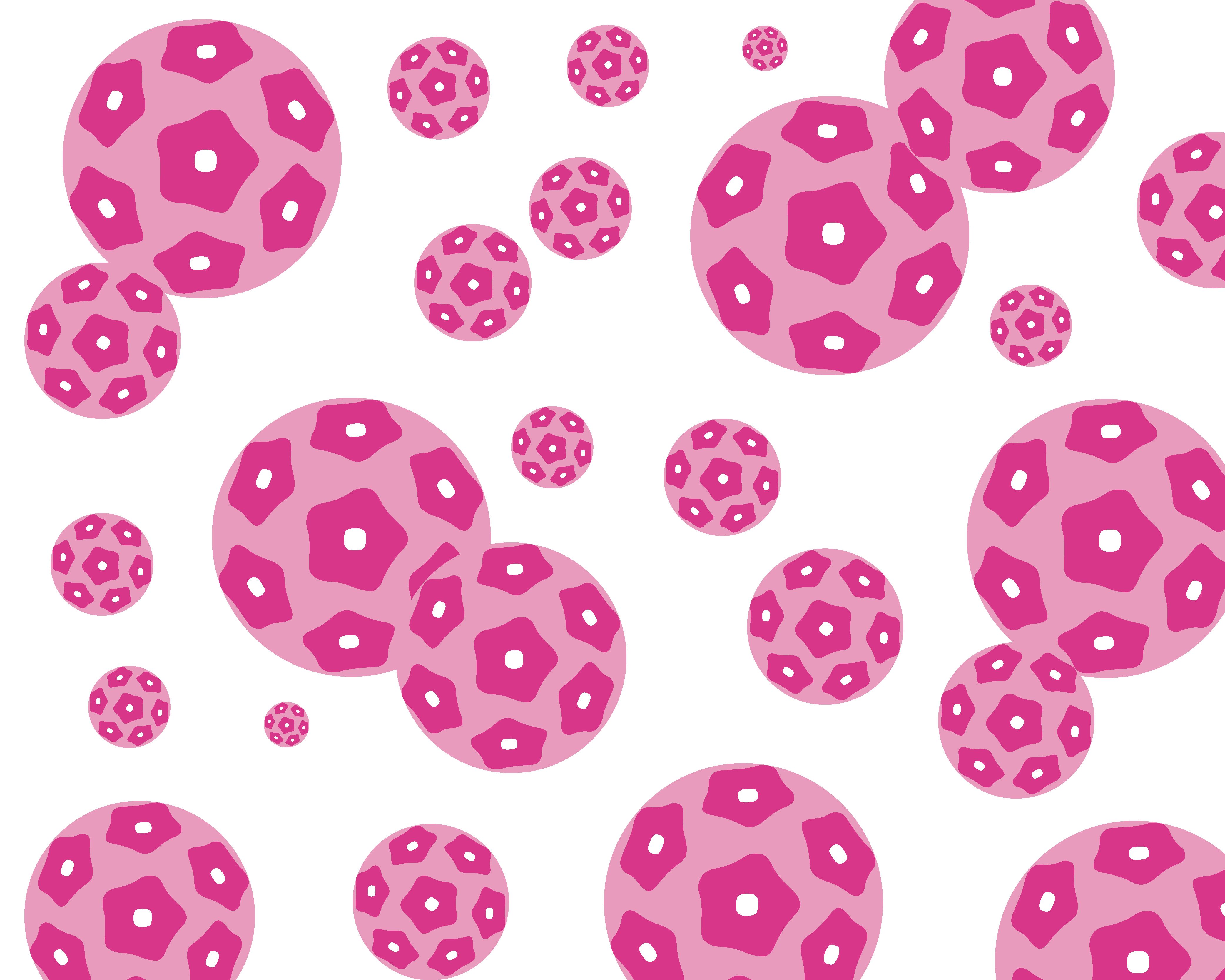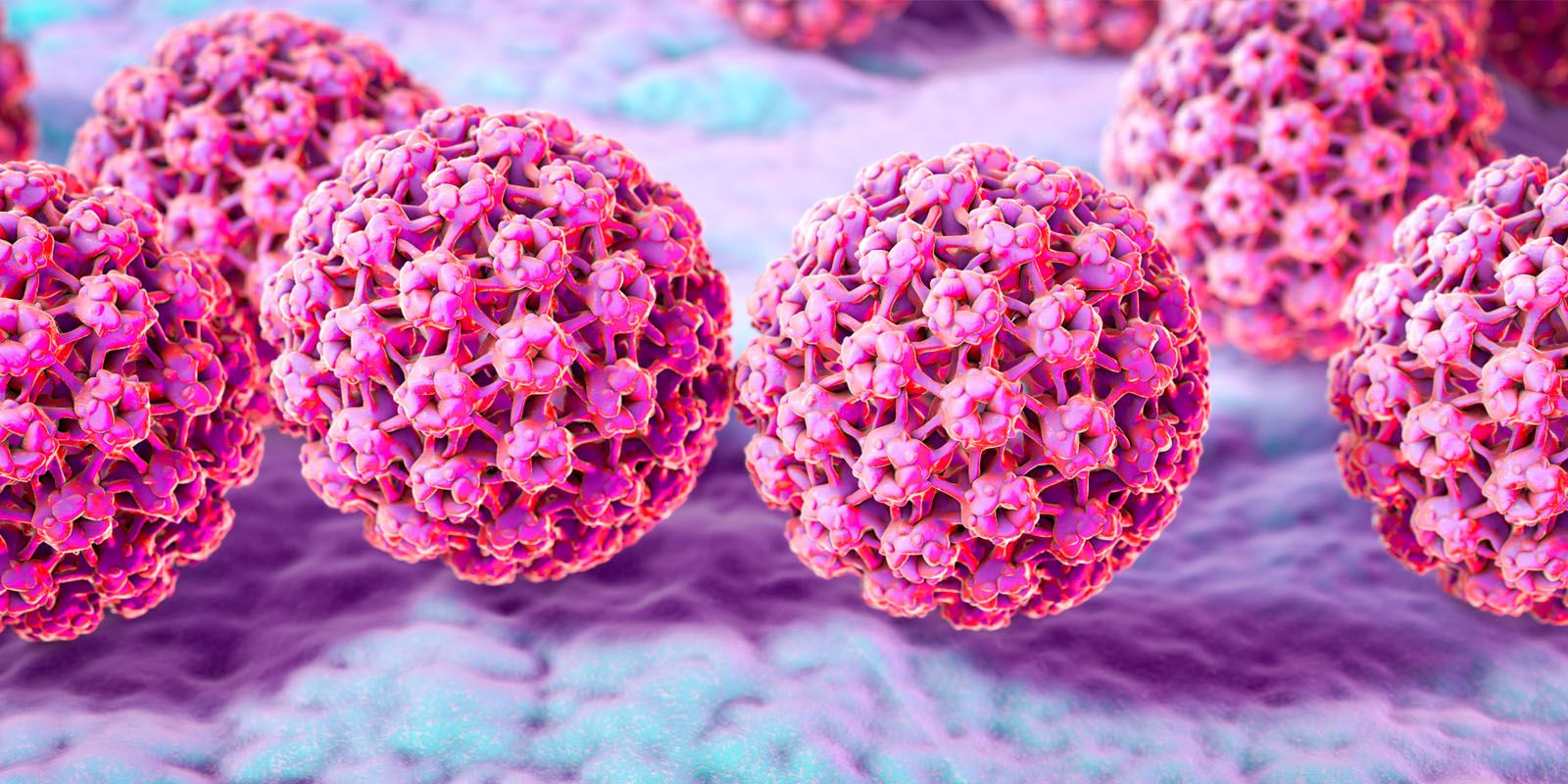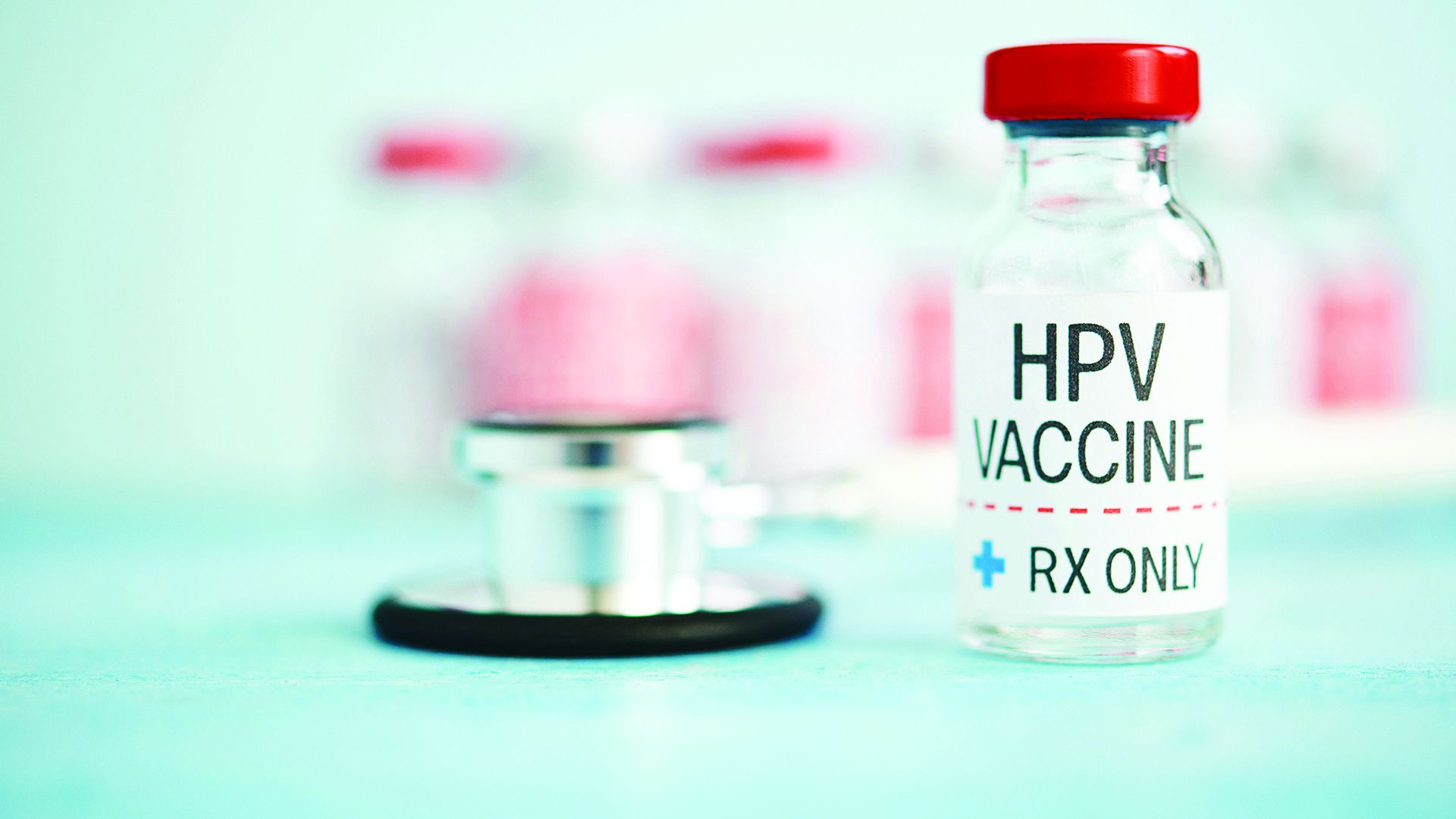Human Papilloma Virus

What is human papilloma virus HPV?
Human papilloma virus (HPV) is a group of viruses which are extremely common in humans. There are over a hundred types of HPV that affect humans. Most are quite harmless, don’t cause any symptoms, and go away naturally over time.
About forty HPV types can affect the genital area, these are called genital HPV types. Genital HPV is sexually transmissible and is the most common sexually transmissible infection. Over 80% of people will have HPV at some time in their lives.
Genital HPV types fall into two categories:
- Low risk HPV types which cause genital warts and can cause some low-level cell changes.
- Fourteen higher risk HPV types that can potentially cause cancer.
What cancers are caused by HPV?
Cervical cancer
- HPV causes over 99% of cervical cancer.
- Two HPV types: 16 and 18, are responsible for 70% of cervical cancer.
Anal cancer
- HPV causes about 95% of anal cancer.
- Most anal cancers are caused by HPV type 16.
Cancers of the throat, mouth, and tonsils
- 70% of these cancers are caused by HPV.
- Half of these cancers are caused by HPV type 16.
Rarer cancers
- HPV causes about 65% of vaginal cancer, 50% of vulval cancer, and 35% of penile cancer.
- Most of these are caused by HPV type 16.
How do you get HPV?
HPV is very easy to catch. Most people who have ever had sex will become infected with HPV at some time. It is passed on through sexual activity involving any kind of genital contact. Anyone who has ever had any kind of sexual contact can be infected with HPV, you do not need to have had sexual intercourse.
Since HPV usually causes no symptoms, and most often clears naturally by itself, most people will have HPV without realizing it. It can sometimes remain dormant in the body and people can have HPV even if it is many years since they had sex. Even those with only one lifetime sex partner can get HPV.
Do I need to tell my sexual partners if i have had hpv detected on a cervical screening test?
No, you do not need to inform sexual partners if you have been told that you have had HPV detected on a Cervical Screening Test. HPV is extremely common, and most people will be infected with it at some time. It is not a notifiable infection.
Sometimes HPV is called ‘the common cold of the genital system’ because, like the common cold virus, nearly everyone will get it at some time in their life.
For most people who have HPV detected on a Cervical Screening Test, the virus will be cleared away naturally by the immune system. However, a small percentage of people will not clear HPV and may develop changes in the cells of the cervix.
If HPV infection of the cervix does not clear away by itself, or if the infection is with HPV Types 16 or 18, further management with a specialist will be organised. It usually takes many years for a persistent HPV infection to develop into cervical cancer.
Regular Cervical Screening Tests can indicate if the HPV infection is clearing or not, or if a higher-risk HPV strain (Types 16 and 18) is present.
Early treatment can then be started, preventing cervical cancer from developing. For further details about the Cervical Screening Test, see SHFPACT’s The Cervical Screening Test factsheet.
HPV and genital warts
Some low-risk HPV types can cause genital warts. Having genital warts does not mean you are at risk of cancer.
Genital warts are a common sexually transmissible infection in Australia. However, they are becoming much less common in young people since the introduction of the HPV vaccine which protects against the two HPV types that cause over 90% of genital warts. There are several treatments available for genital warts if they do occur. For further information about genital warts see SHFPACT’s Genital Warts factsheet.

Is there a test for HPV?
HPV tests are only available in Australia in the form of Cervical Screening Tests. This is in order to prevent cervical cancer. There are currently no other tests for HPV. As almost everyone is exposed to HPV it would not be useful to test for it.
Is there a treatment for HPV?
There is currently no treatment for HPV. In most cases the immune system clears HPV from the body naturally over time and has no long-lasting effects. Most people with HPV have no symptoms and will never know they have it. If HPV is present in the cervix (detected by a Cervical Screening Test) and is causing changes in the cells, then the affected area can be treated.
Are some people are more likely to develop hpv-related diseases than others?
People with weakened immune systems are at increased risk of not clearing higher risk HPV types and therefore developing HPV related cancers. This includes people who have had a solid organ transplant, people who are HIV positive, people with autoimmune conditions, and people taking immune supressing medications. HIV positive people are also more likely to get severe cases of genital warts that are harder to treat.
Smoking is considered a risk factor for developing HPV related cervical cancer. Stopping smoking can help your body clear HPV and reduce your risk.
How can I lower my chances of getting HPV?
- There is a vaccine that can protect against many of the HPV types that cause cervical cancer, as well as the two HPV types that cause most genital warts. This is the most effective way of preventing HPV.
- Condoms (if used with every sex act, from start to finish) may lower your chances of getting HPV. However, HPV can infect areas that are not covered by a condom and can be transmitted with any form of sexual contact, so condoms will not fully protect against it.
- Because HPV is so common the only sure way to prevent getting it is not to have any sexual contact. Even people with only one lifetime sex partner can get HPV if their partner was infected with HPV.

The HPV vaccine
There is now a safe and highly effective vaccine available in Australia which protects against several HPV types. There are two HPV vaccines available. The most used one is Gardasil 9®.
Gardasil 9® protects against nine HPV types including seven HPV types that cause 90% of cervical cancer (this includes HPV type 16 which causes most cases of cervical cancer as well as several other cancers). It also protects against the two HPV types that cause over 90% of genital warts.
Gardasil 9® is given as a single-dose vaccine up to 26 years of age.
The HPV vaccine is most effective when given before you have experienced any sexual activity. However, it can still be very useful given later.
Who should get the HPV vaccine?
Anyone who would like to protect themselves against HPV should talk to their doctor about getting the HPV vaccine. The best time to be immunised against HPV is before you become sexually active, however it can be useful at any time.
The vaccine is recommended for:
- All 12- to 13-year-olds (this is given free of charge as part of the National Immunisation Program or through a GP if the child misses it or is not attending school)
- Anyone over 9 years old with a weakened immune system.
- Men who have sex with men if they have not been given the vaccine as a child at school.
- Anyone who has not had the vaccine at school and would like to consider having it.
How do i get the HPV vaccine?
The HPV vaccine is given as a single-dose schedule to all 12 and 13 year olds as part of the school based National Immunisation Program.
- A free vaccination catch-up program is available for those aged up to and including 25 years. This is accessed through your GP.
- For people over 26 years Gardasil 9® is available as a three-dose vaccine for a cost through your GP or SHFPACT. If you have not had the HPV vaccine and are interested in having it, talk to your GP or a sexual health doctor.
References
- Aust. Government Dept of Health: Human Papilloma Virus (HPV)
- NCIRS Factsheet: HPV Understanding HPV
- National Cancer Institute
- Cancer Australia. Australian Government